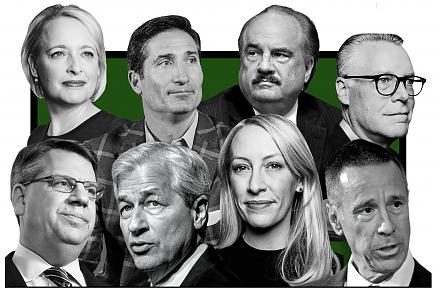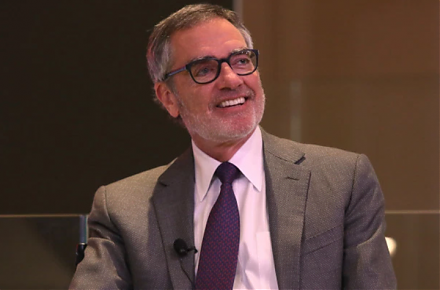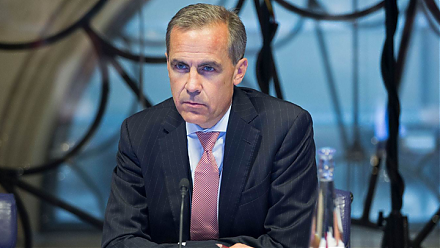

2018-06-01 07:30:00 Fri ET
treasury deficit debt employment inflation interest rate macrofinance fiscal stimulus economic growth fiscal budget public finance treasury bond treasury yield sovereign debt sovereign wealth fund tax cuts government expenditures
The U.S. federal government debt has risen from less than 40% of total GDP about a decade ago to 78% as of May 2018. The Congressional Budget Office predicts that this ratio will surge to 96% in 2028. Although many blame the Trump tax cuts as the key root cause, the increases in health care and retirement benefits suggest a different real reason for U.S. deficit severity.
Harvard professor Martin Feldstein attributes the recent rise of U.S. budget deficit from 4% to 5% of total GDP to increases in Medicare and social security retirement benefits for middle-class older Americans. These increases in core health care and retirement benefits account for about 2.7% of total GDP. The neoclassical Sargent-Wallace thesis suggests that the central bank cannot finance incessant increases in core deficits with government bond issuance regardless of money supply growth. This money supply expansion would lead to inexorable inflationary pressures that defeat the dual mandate of both maximum employment and price stability in the suboptimal fiscal-monetary policy coordination. Inflation serves as a seigniorage tax that would in turn dampen real macroeconomic variates such as household consumption, capital investment, labor supply, and total economic output. In light of this ripple effect on sustainable financial market growth and prosperity, the law of inadvertent consequences counsels caution.
If any of our AYA Analytica financial health memos (FHM), blog posts, ebooks, newsletters, and notifications etc, or any other form of online content curation, involves potential copyright concerns, please feel free to contact us at service@ayafintech.network so that we can remove relevant content in response to any such request within a reasonable time frame.
2023-06-28 09:29:00 Wednesday ET

Carmen Reinhart and Kenneth Rogoff delve into several centuries of cross-country crisis data to find the key root causes of financial crises for asset marke
2020-08-01 07:28:00 Saturday ET

Technological advances, geopolitical risks, and pandemic outbreaks cannot shake investor confidence in the American dollar as the global reserve currency.
2018-10-01 07:33:00 Monday ET

President Trump announces the new trilateral trade agreement among America, Canada, and Mexico: the U.S.-Mexico-Canada Agreement (USMCA) replaces and revamp
2018-11-03 11:36:00 Saturday ET

Apple adds fresh features to its new iPad Pro and MacBook Air in addition to its prior suite of iPhone XS, iPhone XS Max, and iPhone XR back in September 20
2019-08-24 14:38:00 Saturday ET

Warren Buffett warns that the current cap ratio of U.S. stock market capitalization to real GDP seems to be much higher than the long-run average benchmark.
2018-01-01 06:30:00 Monday ET

As former chairman of the British Financial Services Authority and former director of the London School of Economics, Howard Davies shares his ingenious ins